Tech Desk – October 1, 2025 – Google has officially introduced Gemini for Home, a groundbreaking step in the evolution of smart home technology. Replacing the familiar Google Assistant on Nest speakers, displays, and compatible devices, Gemini for Home aims to transform how people interact with their households — shifting from simple voice commands to natural, context-rich conversations powered by advanced artificial intelligence.
This launch represents Google’s boldest move yet to bring its flagship Gemini AI into the heart of everyday life. The company envisions a home where lights, cameras, thermostats, appliances, and entertainment systems don’t just follow instructions but respond with an almost human-like understanding of context, priorities, and routines.
Moving Beyond Commands: The Conversational Home
Traditional smart assistants have long required direct commands: “Turn off the living room light,” or “Play music in the kitchen.” While useful, the experience was often rigid. Gemini for Home changes that dynamic.
Now, homeowners can say something like:
- “Dim the lights everywhere except the hallway, lock the front door, and start my evening playlist.”
- “Set the thermostat to 70 if the windows are closed, otherwise leave it as it is.”
Gemini doesn’t just parse commands — it reasons through them. By recognizing context and carrying memory across conversations, the assistant is capable of multi-step actions, conditional routines, and follow-up dialogue without needing repeated wake words.
Key Features Users Can Expect
Google has packed Gemini for Home with several innovations:
- Natural Conversations – Users can engage in fluid, back-and-forth exchanges. For example, while cooking, you could ask for recipe steps, timers, and conversions without repeating “Hey Google” each time.
- Gemini Live Mode – An interactive mode designed for ongoing conversation, where the assistant stays active and engaged for multiple requests. This feature brings a more human-like flow to tasks such as planning schedules, coordinating chores, or brainstorming ideas.
- Home Briefs – A daily or nightly summary of important events, including package deliveries, unusual motion detected by cameras, reminders, and weather updates. Users can ask follow-up questions about these briefs.
- Smarter Security – With AI-driven analysis, Gemini-enabled cameras can describe events more precisely, such as “a person in a red jacket left a package on the porch,” instead of generic “motion detected” alerts.
- Device Compatibility – Gemini for Home will roll out as a software upgrade to many existing Nest and Google Home devices. However, some older hardware may lack support for advanced AI features, potentially encouraging upgrades.
Hardware Upgrades to Match the AI
Alongside the software rollout, Google is refreshing its hardware ecosystem:
- New Nest Cameras – Featuring sharper 2K HDR video and AI-enhanced event detection, these cameras are optimized for Gemini’s intelligent summaries and alerts.
- Next-Gen Smart Speaker – Expected in 2026, this speaker will act as a hub for Gemini, featuring improved microphones, spatial audio, and hardware designed to handle real-time AI processing.
These updates highlight Google’s intent to pair advanced software with hardware capable of supporting its ambitions.
A New Subscription Model
To support Gemini for Home, Google is revamping its subscription services. The old Nest Aware plan is being replaced by Google Home Premium, which includes:
- Extended video history from cameras
- AI-powered event summaries and alerts
- Gemini Live for always-available conversation
- Deeper automation tools and proactive recommendations
This shift is part of Google’s broader push toward subscription-based AI services. While basic features will remain free, the company is betting that consumers will pay for premium intelligence — especially as homes become more reliant on AI-driven safety, efficiency, and convenience.
Challenges Ahead
Despite the excitement, Google faces several hurdles:
- Privacy Concerns – With more AI analysis happening on home devices, consumers will demand strong assurances about how voice data and video footage are processed and stored.
- Reliability – AI assistants must deliver consistent results. Any mistakes in handling critical tasks, like security alerts or energy management, could undermine user trust.
- Subscription Fatigue – Consumers are increasingly wary of paying multiple monthly fees. Google will need to prove that Home Premium’s added value justifies its cost.
- Competitive Pressure – Amazon’s Alexa remains dominant in the smart home market, while Apple’s HomePod and Siri integration continue to appeal to iOS loyalists. Google must make Gemini compelling enough to shift consumer preference.
Why It Matters
The launch of Gemini for Home signals a paradigm shift in how smart homes operate. Instead of being reactive tools awaiting specific commands, homes can now become proactive partners — anticipating needs, managing routines, and interacting conversationally with residents.
For Google, this is more than a product update; it’s a redefinition of what “smart living” means. By embedding its most advanced AI directly into the home, Google is positioning Gemini as the centerpiece of daily life — a strategy that could set the standard for the next decade of connected living.
As the rollout begins, the question is no longer whether smart homes are convenient, but whether they are ready to become truly intelligent companions.

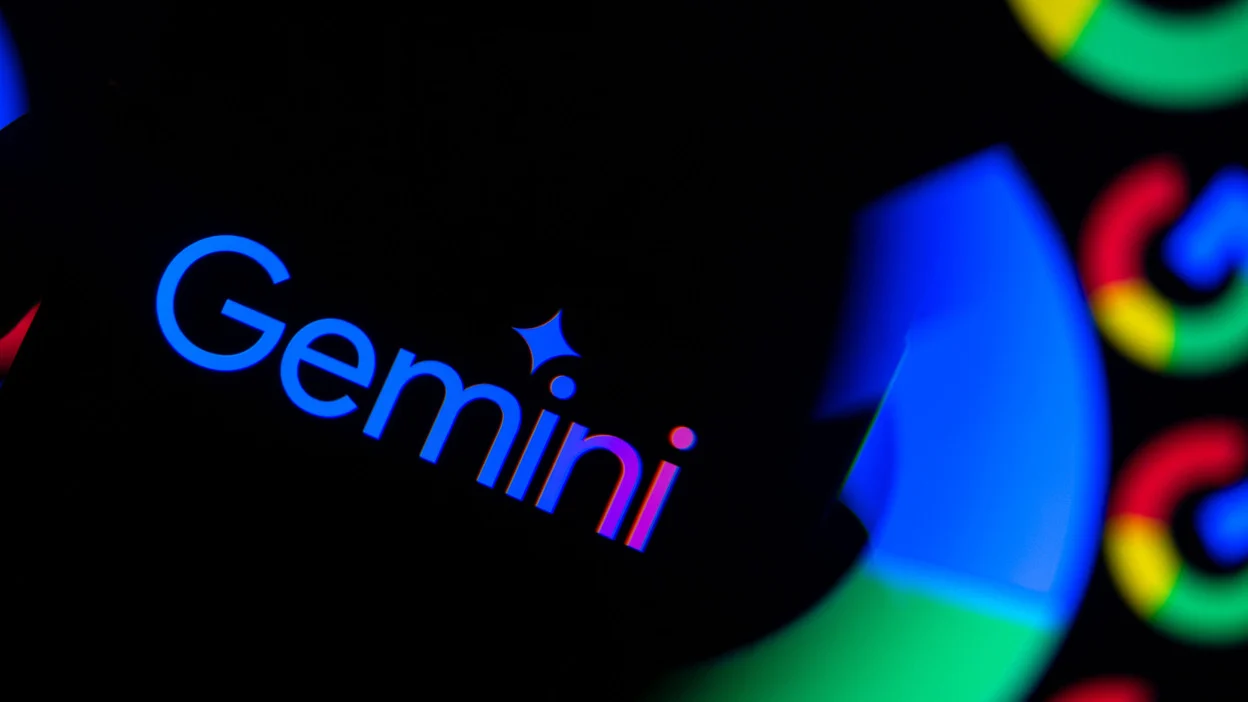

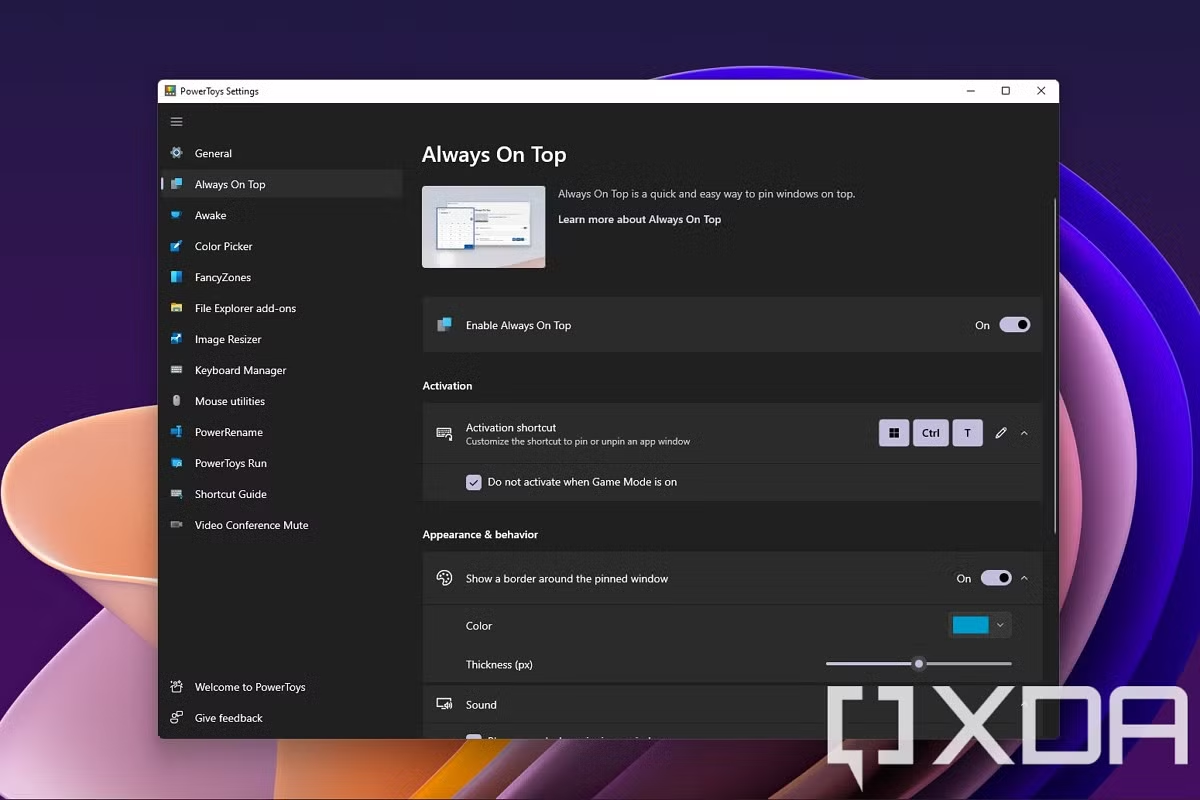
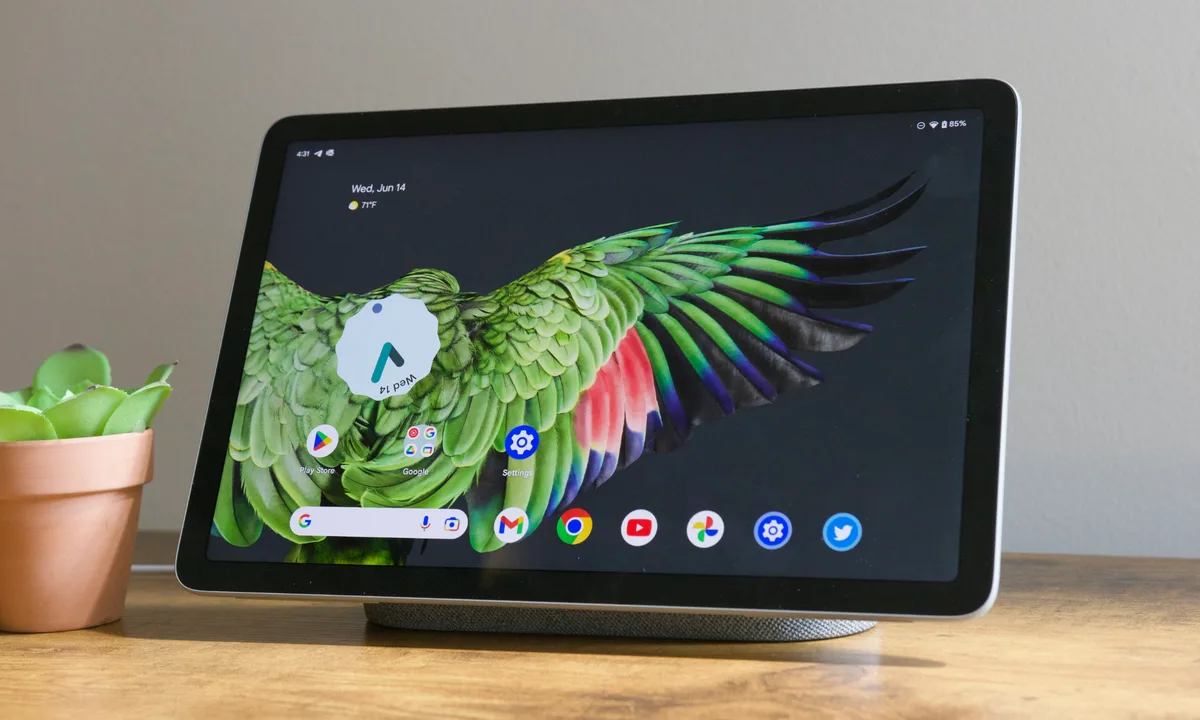



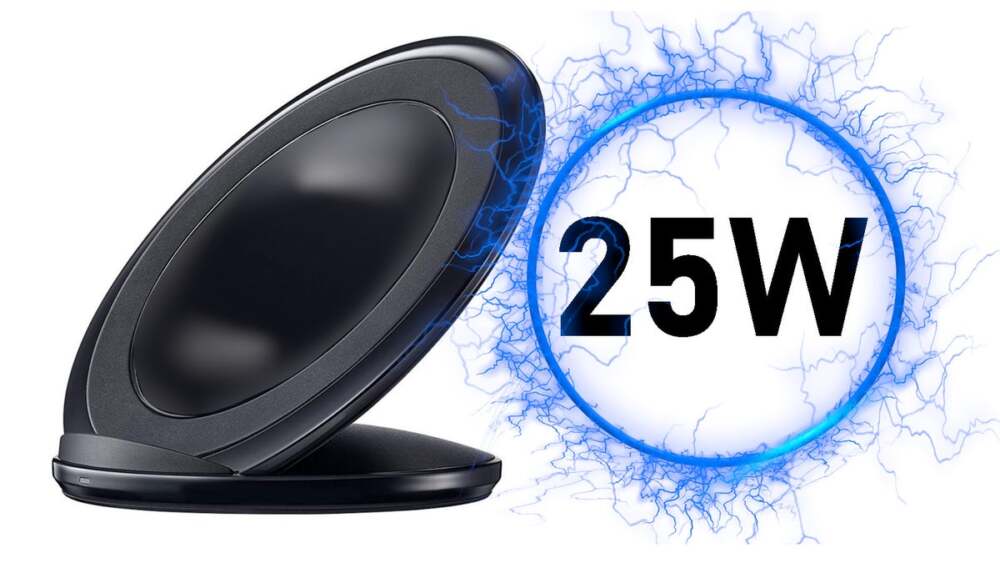
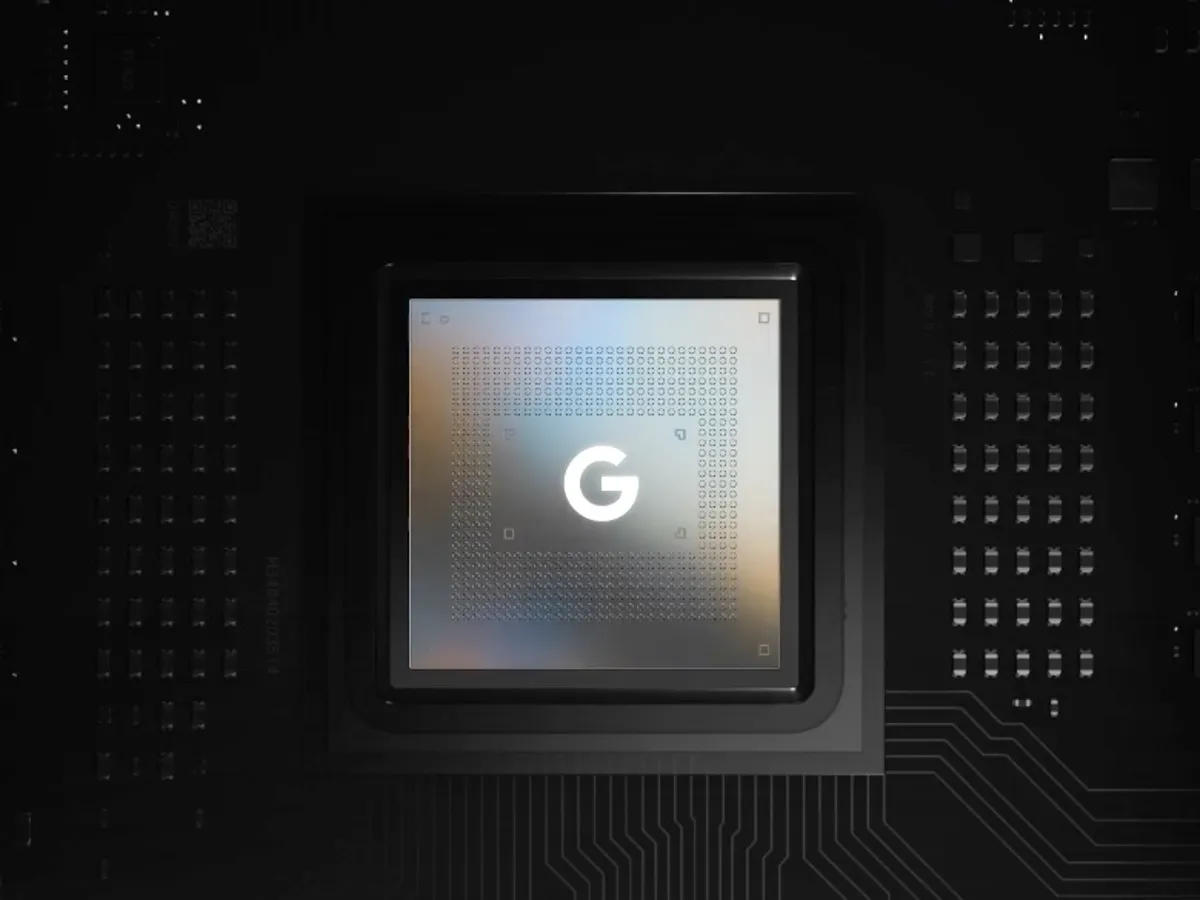
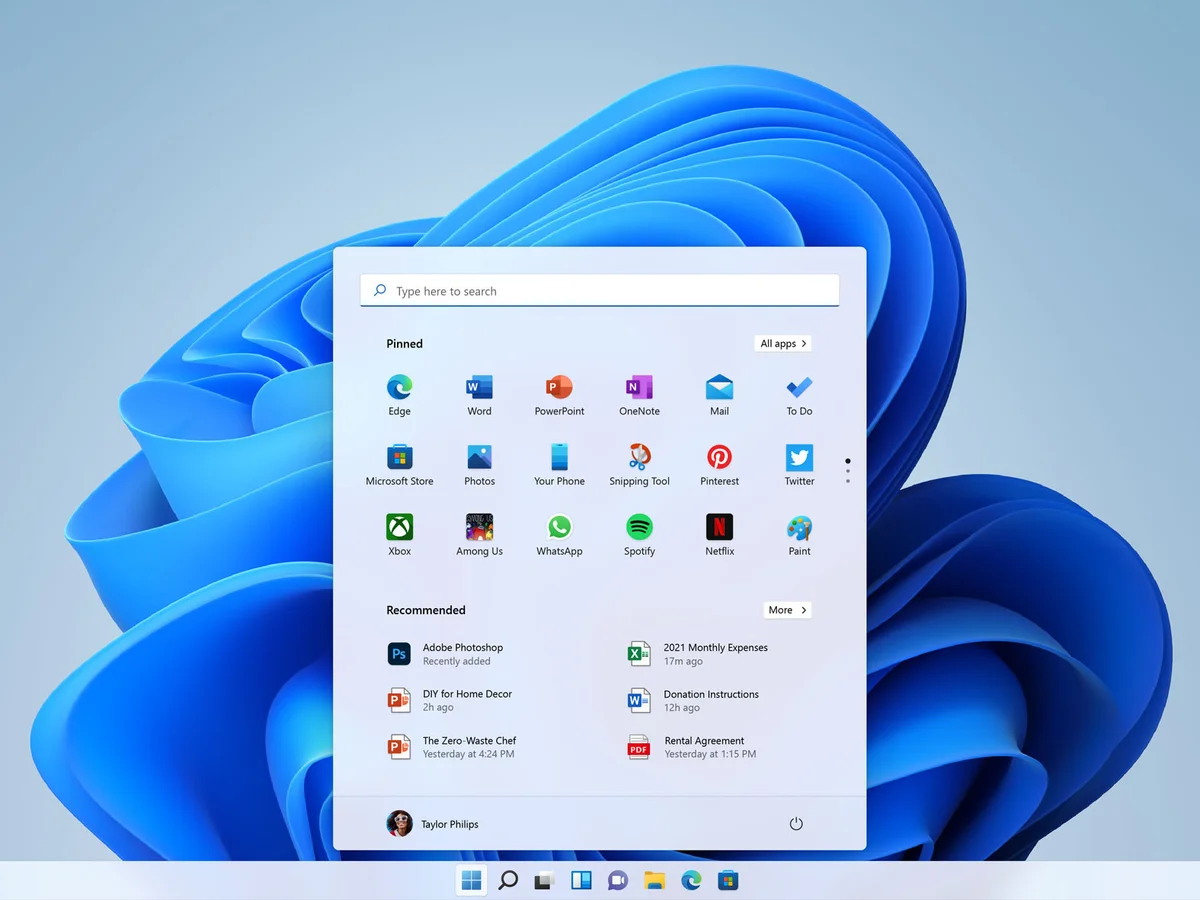
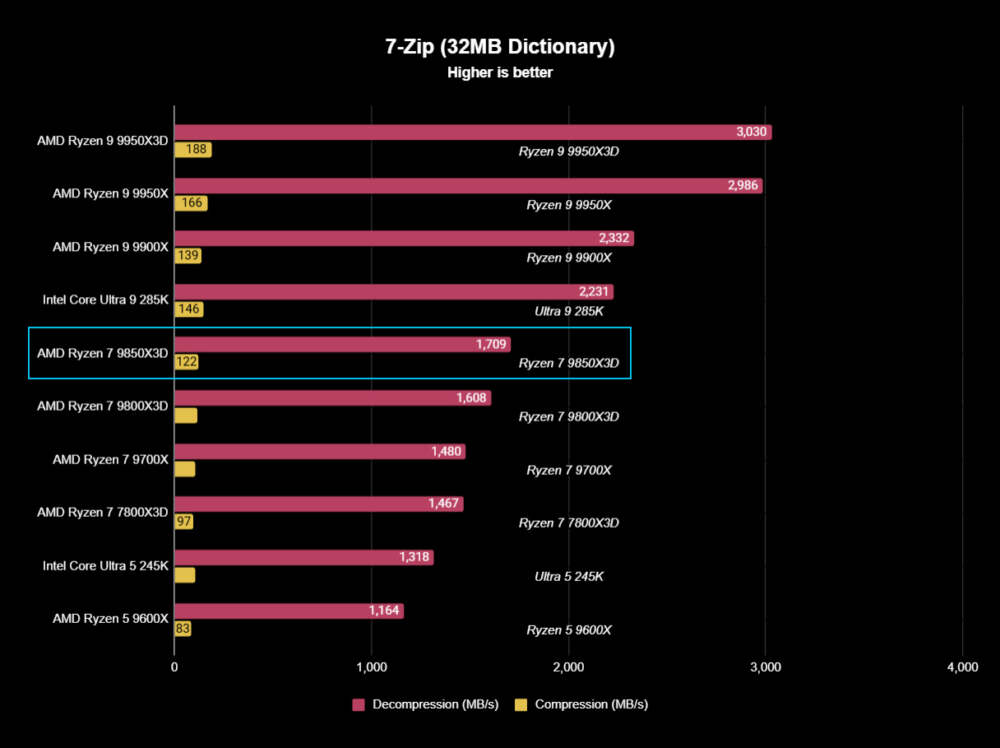




Leave a Reply